
SERVICES
Home / Services
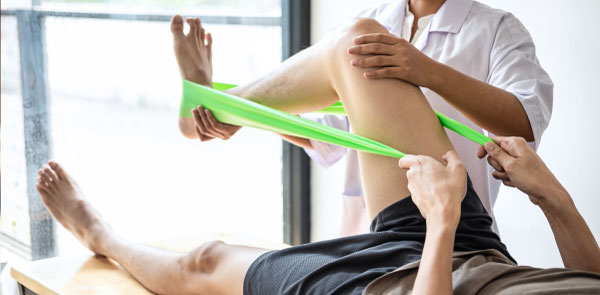
Physical therapy sessions
Are designed to assist in the recovery of functional mobility from an acute or chronic injury or condition. Interventions are developed to meet individual needs and to address any dysfunctional compensations that were developed from the condition. Patients are guided and educated on their condition, prognosis and prevention. That information is integrated into a comprehensive recovery program so at the time of discharge, our patients leave feeling knowledgeable, stronger and healthier long-term.
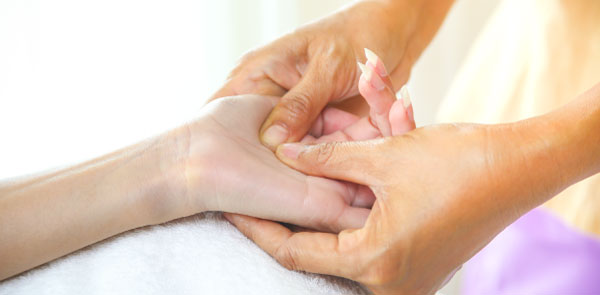
Occupational therapy sessions
Are designed to assist in the recovery of optimal function after an acute or chronic condition or injury. Interventions are developed to meet individual needs and to address any dysfunctional compensations that were developed from the condition. Patients are guided and educated on their condition, prognosis and prevention of future re-injuries. That information is integrated into a comprehensive recovery program so at the time of discharge, our patients leave feeling knowledgeable, stronger and healthier long-term.
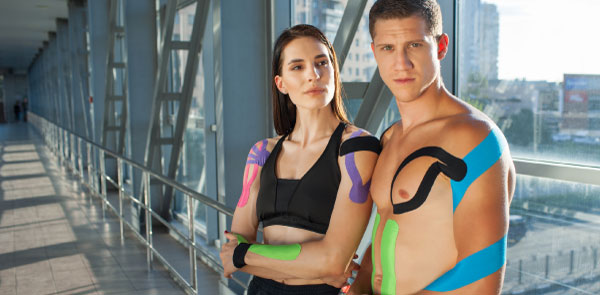
KinesioTaping
Therapeutic tape was originally developed during the 1970’s by a Japanese Chiropractor Dr. Kenzo Kase who was looking for a way to maintain patient progress in-between therapy sessions. Having success using this therapeutic taping technique he later went on to develop the first Kinesio tapping method.

Cupping
Cupping therapy is an alternative treatment method with roots dating back over 3,000 years ago. More commonly known as an eastern medicine treatment it has slowly increased in popularity over the years especially with its use during the 2016 summer Olympics.
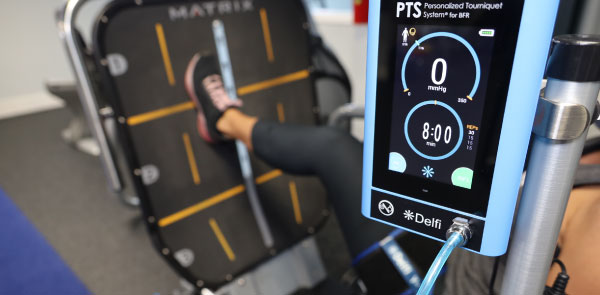
BLOOD FLOW RESTRICTION (BFR)
Blood flow restriction (BFR) training in which a wide based tourniquet is used on a proximal limb to limit arterial inflow while blocking venous outflow.

Sport and Training Technique Enhancement
You don’t have to be a professional athlete to benefit from the Sport and Training Enhancement services at Liv Active Therapy!
Stretching Activities and Techniques
Stretching offers many health and physical benefits, such as: improving flexibility, functional mobility, circulation, release of endorphins and overall energy levels. Stretching also helps to reduce muscle soreness, improves recovery time, and decreases risk of injury. Stretching is a form of physical activity that involves deliberately stretching a muscle, tendon, and or connective tissue. Stretching is one of the most essential lifestyle habits that keeps our bodies functioning at optimal levels.
Many different stretching techniques exist. The most common ones are ballistic, dynamic, static, and low load long duration stretching.
During the initial evaluation, your therapist will conduct a detailed assessment of your mobility and flexibility restrictions. Based on these initial evaluation findings your therapist will develop a home exercise stretch program that will be tailored to your goals with the inclusion of the appropriate stretching techniques performed during your sessions. It is important to note that stretching without the appropriate body mechanics as well as choosing the incorrect method of stretching can be ineffective and may possibly of cause tears, hypermobility, instability, and damage to tendons and ligaments.

Ballistic Stretching

Dynamic Stretching

Static Stretching

Low Load Long Duration Stretching
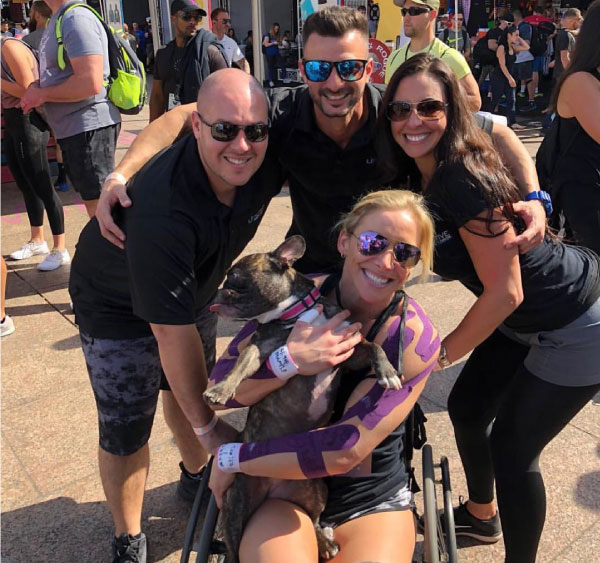
At Liv Active Therapy Center, we hire occupational and physical therapists that have been exclusively selected not only because of their experience, knowledge and skills, but for their dedication, compassion and motivation to ensure optimal patient outcomes and satisfaction.
Each therapist is trained in accordance with Liv Active Therapy Center’s philosophy of improving optimal function, mobility, strength, and stability in a systematic approach using specific treatment techniques and intervention strategies.
Upon completion of the initial evaluation, the functional deficits are documented along with the patient’s goals to create an individualized intervention plan. Intervention plans will consist of patient education, therapeutic activities and exercises, manual therapy, stretching and modalities as needed.
Patients are guided through different series of exercises and stretches as it relates to their injury. Each activity the patient performs is monitored by the therapist to ensure proper form and prevent injuries. Exercises are prescribed to improve mobility, strength, and stability as well as to increase balance and proprioception. Exercise programs are created to start gradually and progressed throughout the treatment as symptoms diminish.
During therapy sessions, patients are constantly being evaluated to assess possible injury risk factors or deficits which may possibly lead to an injury. Treatment programs are focused on rehabilitating the current condition, as well as preventing future re-injuries from occurring.
Our patients finish their therapy programs with the skills, knowledge, and education to continue safe exercise and self-maintenance sessions, allowing them to become independent and injury free. Liv Active Therapy Center also offers patients the opportunity to join wellness programs once they have completed their therapy sessions. Wellness programs are available to patients once they have been discharged from therapy and would like to continue to maintain and re-gain optimal levels of function. Wellness programs are supervised and created by our personal training staff and therapy staff to ensure that patients are addressing their individual needs and to ensure patient safety and prevent injuries.
All modalities of treatment have been scientifically tested and researched to improve patient outcomes. During every appointment, the physical therapist uses several modalities to facilitate healing by increasing circulation, oxygenation, and decreasing swelling. Our therapists determination of individualized treatments are rooted in current research and clinical case studies.
Some common modalities include:
Joint mobilizations
Stretching
Kinesiotaping
Ultrasound or ultrasound combination
Myofascial Release/Trigger Point Release
Proprioceptive neuromuscular facilitation
Paraffin
Cupping
Deep Muscle Stimulation
Instrument Assisted Myofasical Release
Electrical Stimulation/TENS/NMES
Post-surgical rehabilitation allows you to have a faster recovery and is commonly indicated following an orthopedic procedure for many reasons:
Through well researched methods and protocols, the therapists at Liv Active Therapy are highly trained to adapt all programs to our patients’ needs and individual condition. Every patient is treated on a one-on-one basis during their entire session to focus on optimal recovery strategies and progressive treatment programs. Therapy following a surgical procedure is programmed once the physician follows up with the patient and clears them to start their therapy program.
Treatment approaches and goals focus on each individual needs and targeting the following:
Common orthopedic procedures referred to rehabilitation:
Wrist/Hand Surgeries
- Open Reduction and Internal Fixations (ORIF’s)
- Carpal Ligament Repairs
- Flexor/Extensor Tendon Repairs
- Carpal Tunnel Release
- Dupuytren’s Release
- De Quervain Release
- Trigger Finger Release
- Ganglion Cyst Removal
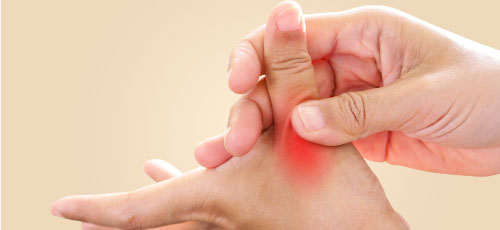
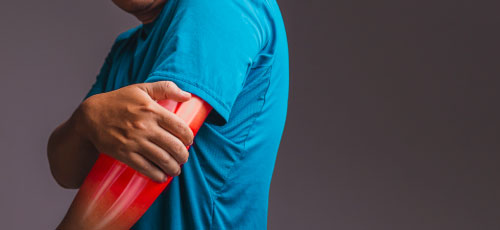
Shoulder/Elbow Surgery
- Arthroscopy
- Rotator cuff repair
- Labral repairs
- Bicep repair
- Shoulder replacement
- Ulnar collateral ligament reconstruction
- Open Reduction and Internal Fixations (ORIF’s)
Hip/Knee Surgeries
- Arthroscopy
- Meniscectomy/Meniscal repairs
- Arthroscopies
- ACL/PCL repairs
- Debridement
- Knee replacements
- Arthroscopies
- Labral Repairs
- CAM/PINCER debridement
- Hip Replacements
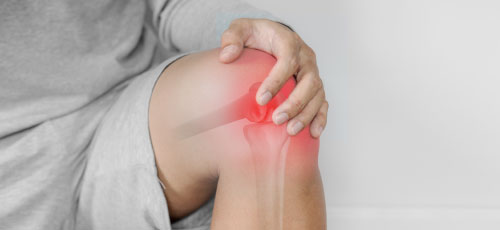

Spine surgeries
- Fusions
- Microdiscectomy